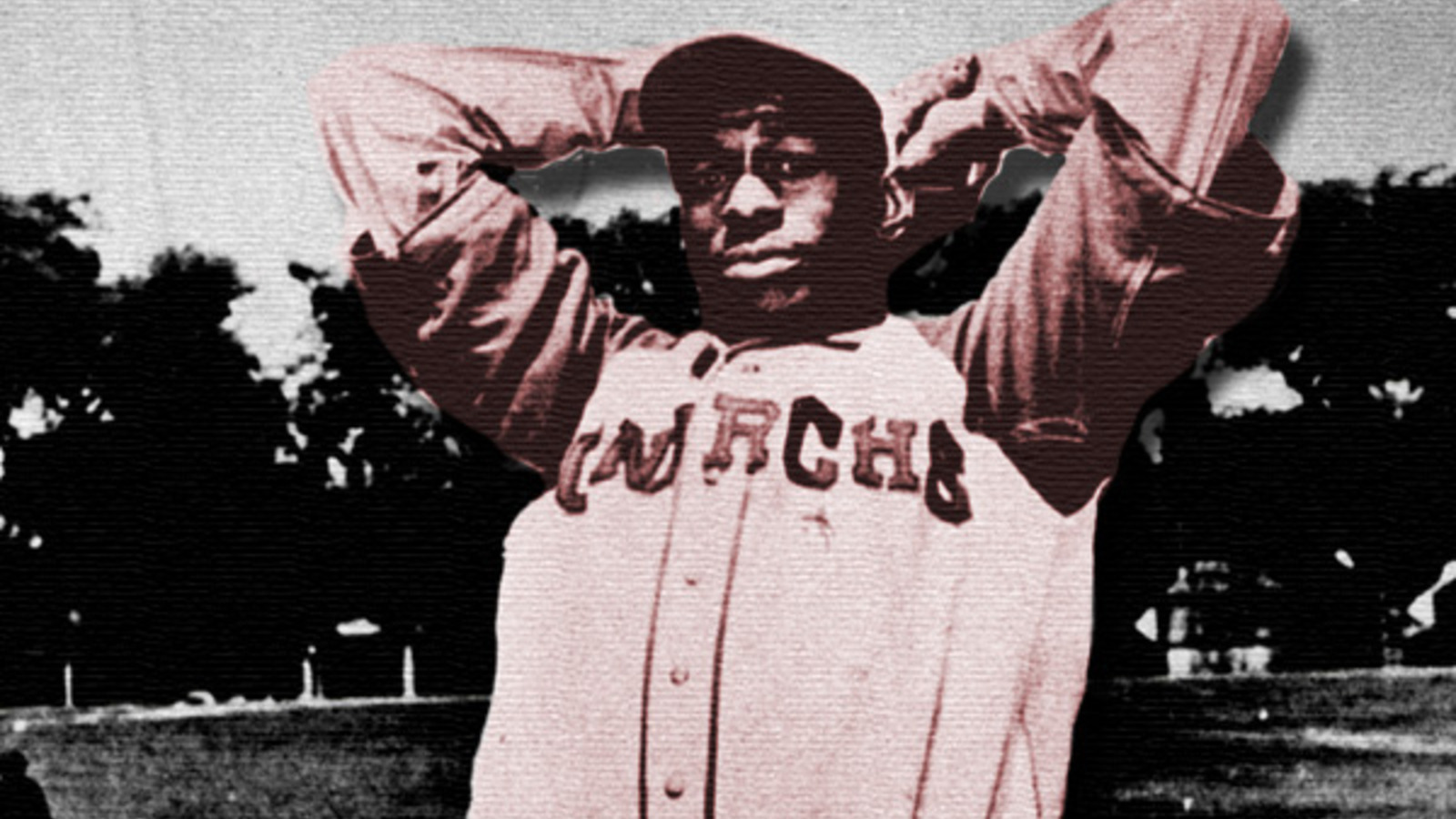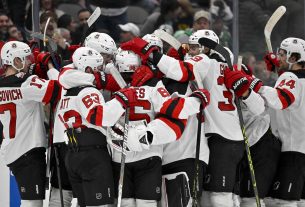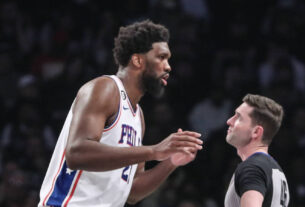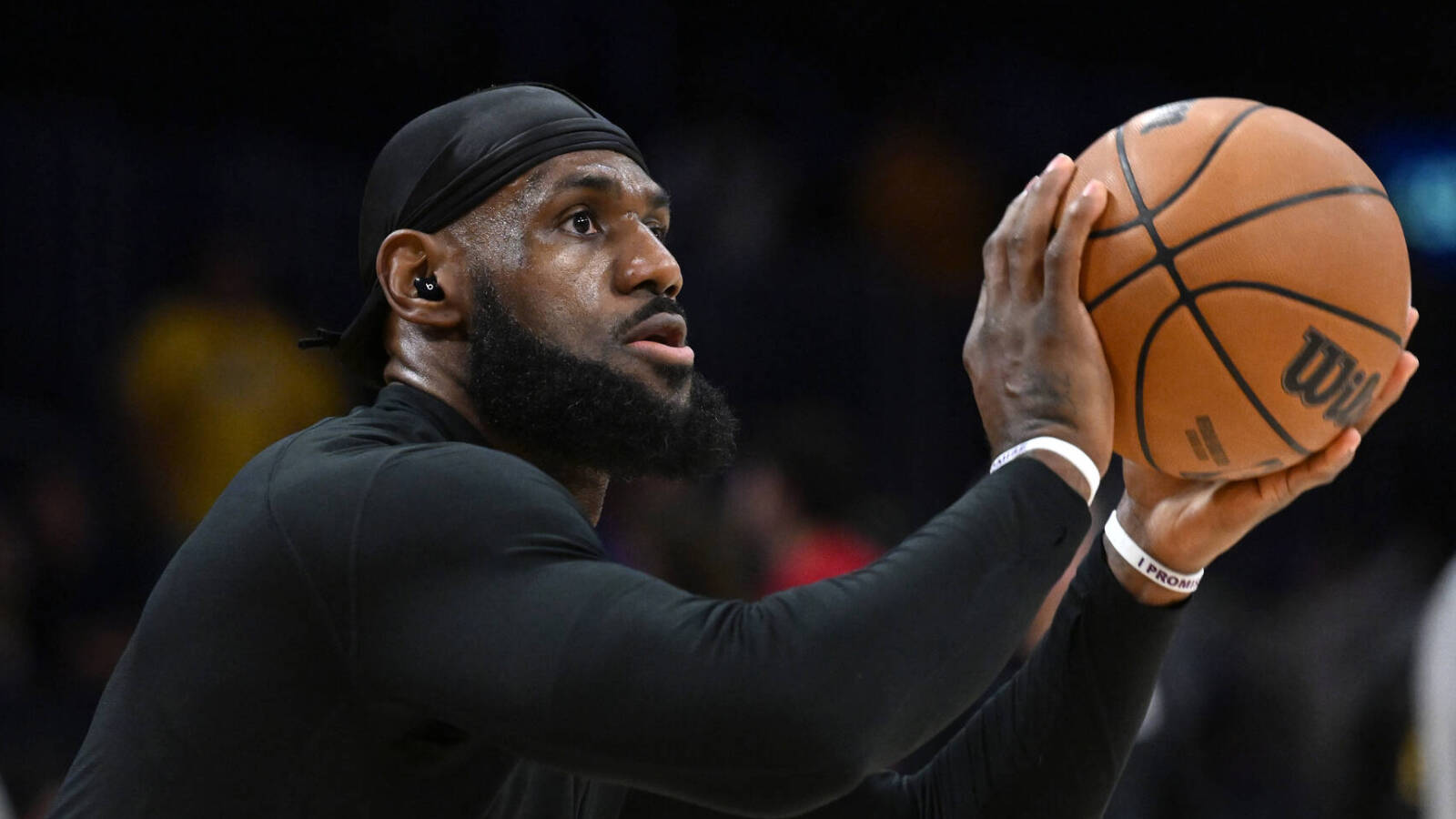As the corner turns to March, the spring picks up pace and the sounds of the national pastime begin ringing out again. The waning days of February also bring to a close yet another Black History Month and the reminders and reminiscing the month brings of the works of many great African-Americans throughout the nation’s history. It is at the intersection of these two institutions that one can find both a striking reminder of cultural history and the sport. It also provides a chance to dig in to how that weathering institution will be remembered as more and more years gather in between the time and place and the future that lies ahead.
The cultural establishment that is in play here is the Negro Leagues, the various baseball leagues that housed the substantial gathering of African-American baseball talent that was excluded from Major League Baseball due to the vicious color barrier rulings that were upheld by the league. And while baseball’s 1947 integration is celebrated appropriately, as Jackie Robinson’s 42 is retired roundly throughout the league and April 15 (the day that he made his MLB debut) has been named in his honor, there is a legacy that lies decades before that historic day that needs to remain clear, present and relevant as well.
As Jackie Robinson Day becomes a more tenured tradition, it also is at risk of reaching representative redundancy. Another year, another date, another tip of the cap and move on. Yet if there is anything that cannot afford to be marginalized by the passing of calendars over the years, it is the joint importance of what and why the Negro Leagues still matter so much, even after coming to end over 60 years ago.
It is an existence that was triumphant and necessary, as well as defiant and proud. It is a group that overachieved even in its existence, as it battled the plights of limited financial reaches of the minority ownership of the time but still soldiered on through a strong network of loyalty, necessity and pure talent.
Many of the great players of the era have become figures of legend in some regard, modern-day Greek gods of sorts, whose accomplishments sound more to be fabrication than actual outcome. The stories of the mammoth clouts of Josh Gibson, landing in towns miles away the next day after he hit them. Or the speed of Cool Papa Bell rivaling that of Hermes, complete with winged feet to make sense of it all. Perhaps chiefly among them all is the eccentric efficiency of Satchel Paige, the ageless wonder who in his prime was able to work full innings without the benefit of a defense behind him — mainly because he called them out of the field himself, because he would rather strike out the side instead.



